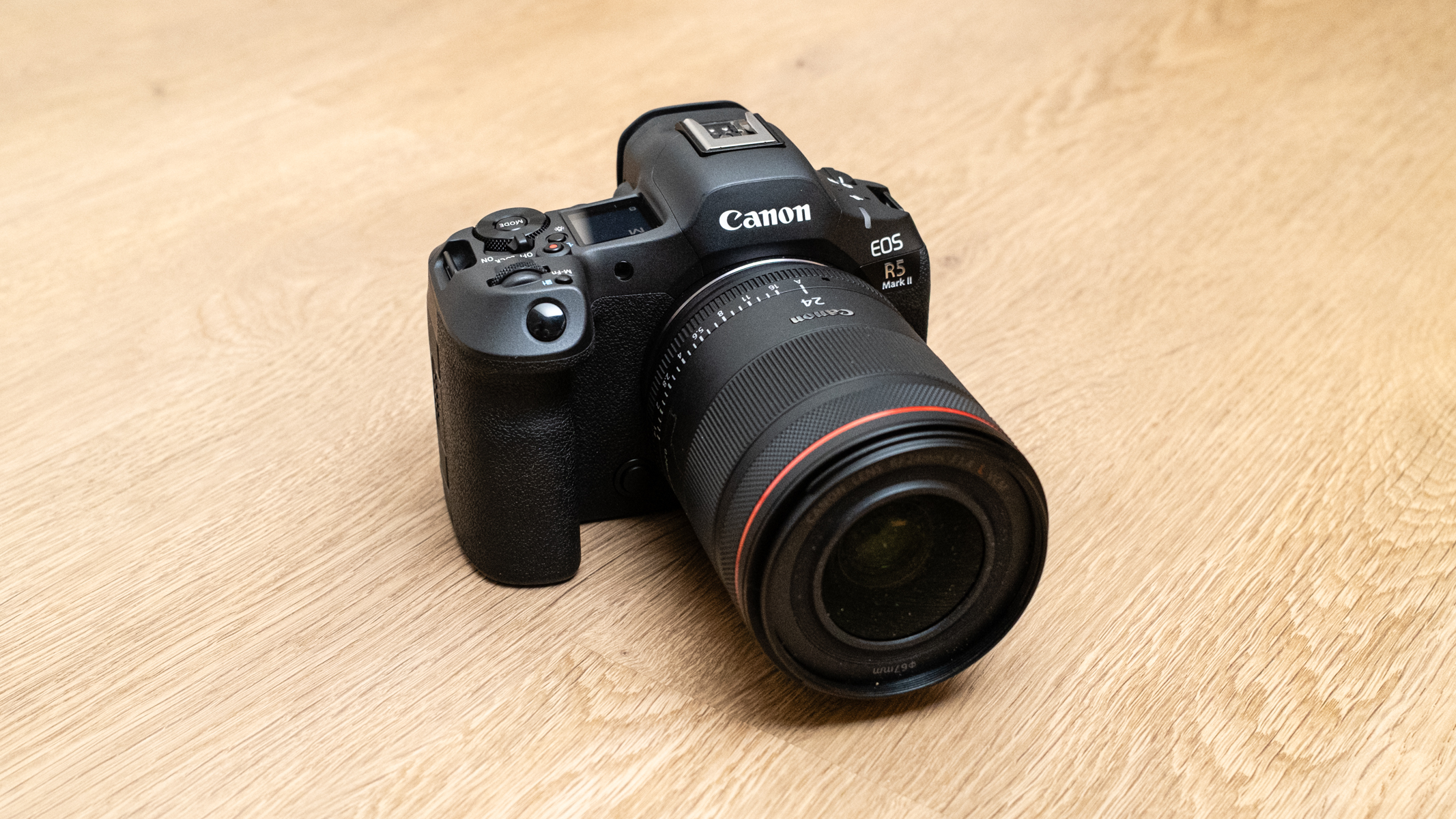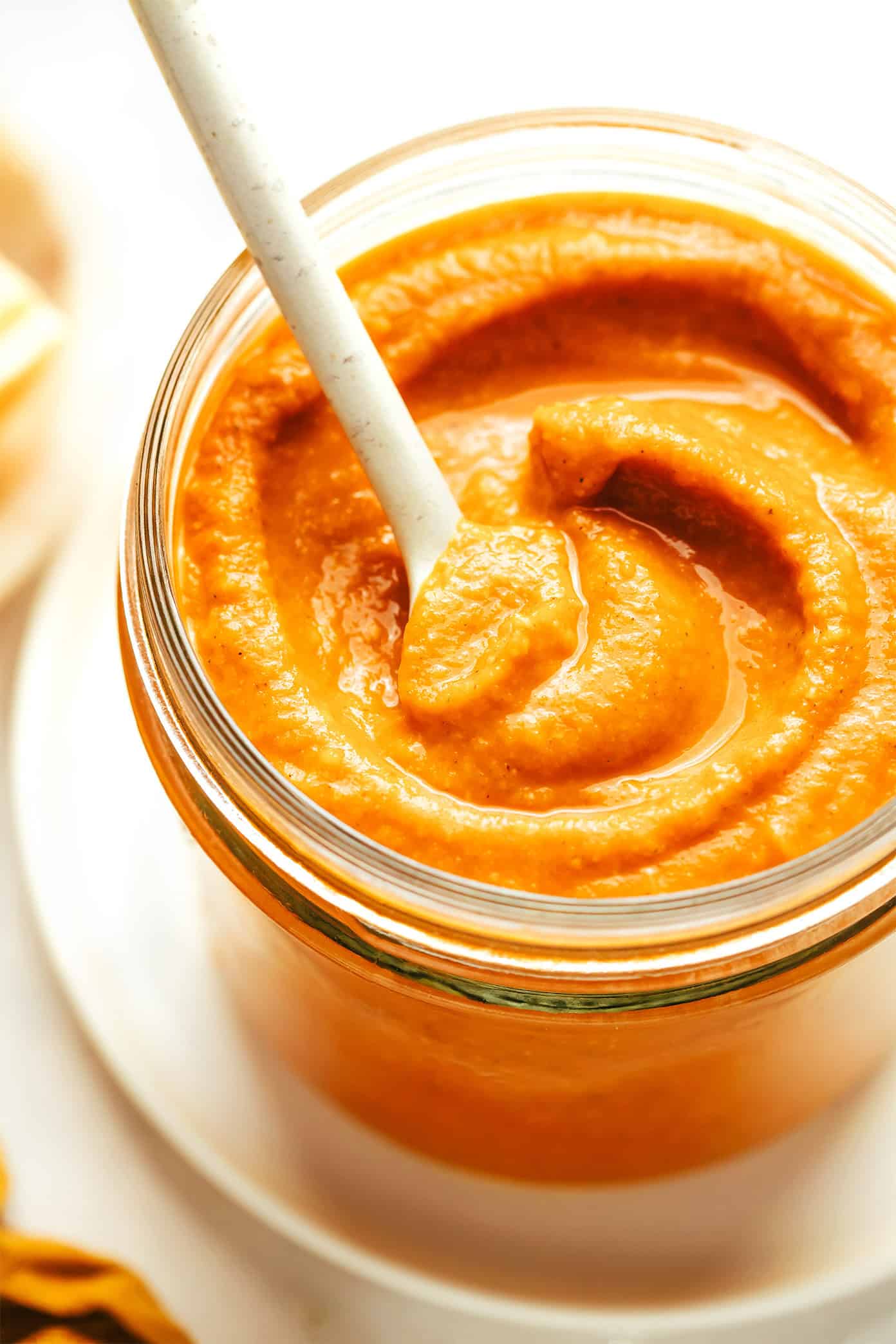Everything You Need to Know About Plastic Injection Molding Services
Selecting the right plastic injection molding service provider is critical to ensuring the success of your product development and manufacturing goals.
Plastic injection molding is a manufacturing process used to produce parts by injecting molten plastic into a mold. This process is ideal for creating high volumes of identical components with consistent quality. The basic steps include melting plastic pellets, injecting the molten plastic into a precision mold cavity, allowing it to cool and solidify, and then ejecting the final product. It’s widely used in industries ranging from automotive and consumer electronics to healthcare and packaging.
A plastic injection molding service offers a streamlined and cost-effective solution for companies that need large-scale plastic part production. These services typically include design consultation, mold fabrication, testing, and volume production. By outsourcing to a reputable service provider, companies can reduce overhead costs, accelerate production timelines, and ensure high-quality outcomes. Understanding how this process works lays the foundation for choosing the right service and making informed decisions about product design and manufacturing.
Key Components and Machinery Used in Plastic Injection Molding
A plastic injection molding machine is composed of several critical components, each playing a specific role in the production process. The key parts include the hopper (which holds raw plastic material), the barrel (where the plastic is melted), the screw (which injects the molten plastic), and the mold (which shapes the part). Additionally, there are clamping units to hold the mold in place under pressure during injection and cooling. Modern machines come equipped with precision sensors and automated systems that ensure accuracy, consistency, and quality control during production.
When working with a plastic injection molding service, clients benefit from access to advanced machinery that would be cost-prohibitive to purchase independently. These machines come in various sizes and configurations depending on the product size, material type, and required output. For example, micro-injection machines are used for small, delicate parts, while high-tonnage machines handle large automotive components. The choice of machinery can significantly impact production efficiency, cycle times, and cost, so partnering with a well-equipped service provider is essential.
Advantages of Using a Plastic Injection Molding Service
There are numerous advantages to utilizing a plastic injection molding service, particularly for businesses focused on scalability, quality, and cost-effectiveness. One of the main benefits is the ability to mass-produce complex plastic parts with tight tolerances and repeatability. Once the mold is created, thousands—or even millions—of identical parts can be produced with minimal variation. This consistency is crucial in industries such as medical devices or automotive, where precision and reliability are non-negotiable.
Another key advantage of hiring a plastic injection molding service is access to expert engineering and design support. These services often include in-house design teams that assist in optimizing part geometry for manufacturability, selecting the appropriate plastic resin, and minimizing material waste. Additionally, the cost per unit tends to decrease significantly with larger production runs, making it an attractive option for businesses seeking cost savings at scale. Environmental sustainability is also improving, as many services now offer options for biodegradable or recycled plastics.
Industries That Benefit from Plastic Injection Molding Services
Plastic injection molding services are essential in a wide range of industries due to their flexibility and efficiency. The automotive industry, for instance, heavily relies on these services to produce dashboards, interior trims, bumpers, and under-the-hood components. These parts must meet stringent safety and durability standards, which plastic injection molding is well-equipped to handle. The ability to create intricate geometries also makes it ideal for producing customized components.
In the medical field, plastic injection molding services are used to manufacture everything from syringes and pill bottles to surgical instruments and diagnostic devices. The medical industry demands strict hygiene, quality, and regulatory compliance, and professional injection molding services have the cleanroom facilities and certifications required to meet these standards. Similarly, consumer goods companies use injection molding for producing everyday products like toys, containers, kitchenware, and electronics casings, demonstrating the process's versatility across multiple sectors.
Choosing the Right Plastic Injection Molding Service Provider
Selecting the right plastic injection molding service provider is critical to ensuring the success of your product development and manufacturing goals. Key factors to consider include the provider’s experience, certifications, equipment capabilities, and ability to handle your specific industry requirements. Look for companies with a strong track record, client testimonials, and transparent quality control processes. It's also essential to confirm that the provider can accommodate your production volume, whether it's a short run or full-scale manufacturing.
Another important consideration is the range of services offered. A comprehensive provider should assist with everything from concept development and prototyping to mold making and final production. Ask about their materials expertise, lead times, and post-production support such as assembly or packaging. Communication and collaboration are also crucial; a good service provider will act as a strategic partner, not just a vendor. By taking the time to vet your options, you can find a plastic injection molding service that meets your technical needs and supports your long-term business objectives.



















![[DEALS] The 2025 Ultimate GenAI Masterclass Bundle (87% off) & Other Deals Up To 98% Off – Offers End Soon!](https://www.javacodegeeks.com/wp-content/uploads/2012/12/jcg-logo.jpg)



-Olekcii_Mach_Alamy.jpg?width=1280&auto=webp&quality=80&disable=upscale#)























![Air Traffic Controller Claps Back At United CEO Scott Kirby: ‘You’re The Problem At Newark’ [Roundup]](https://viewfromthewing.com/wp-content/uploads/2025/05/scott-kirby-on-stage.jpg?#)

































